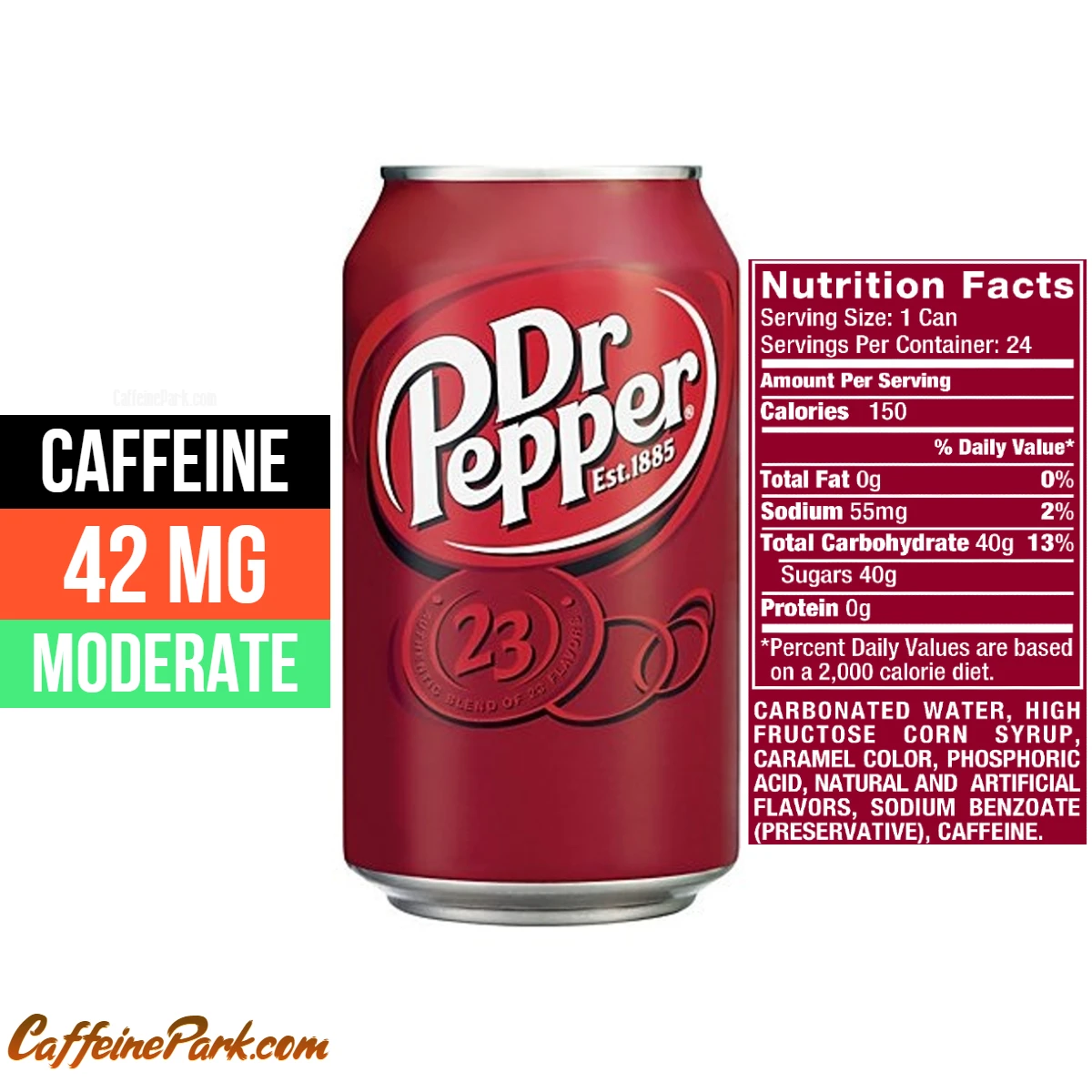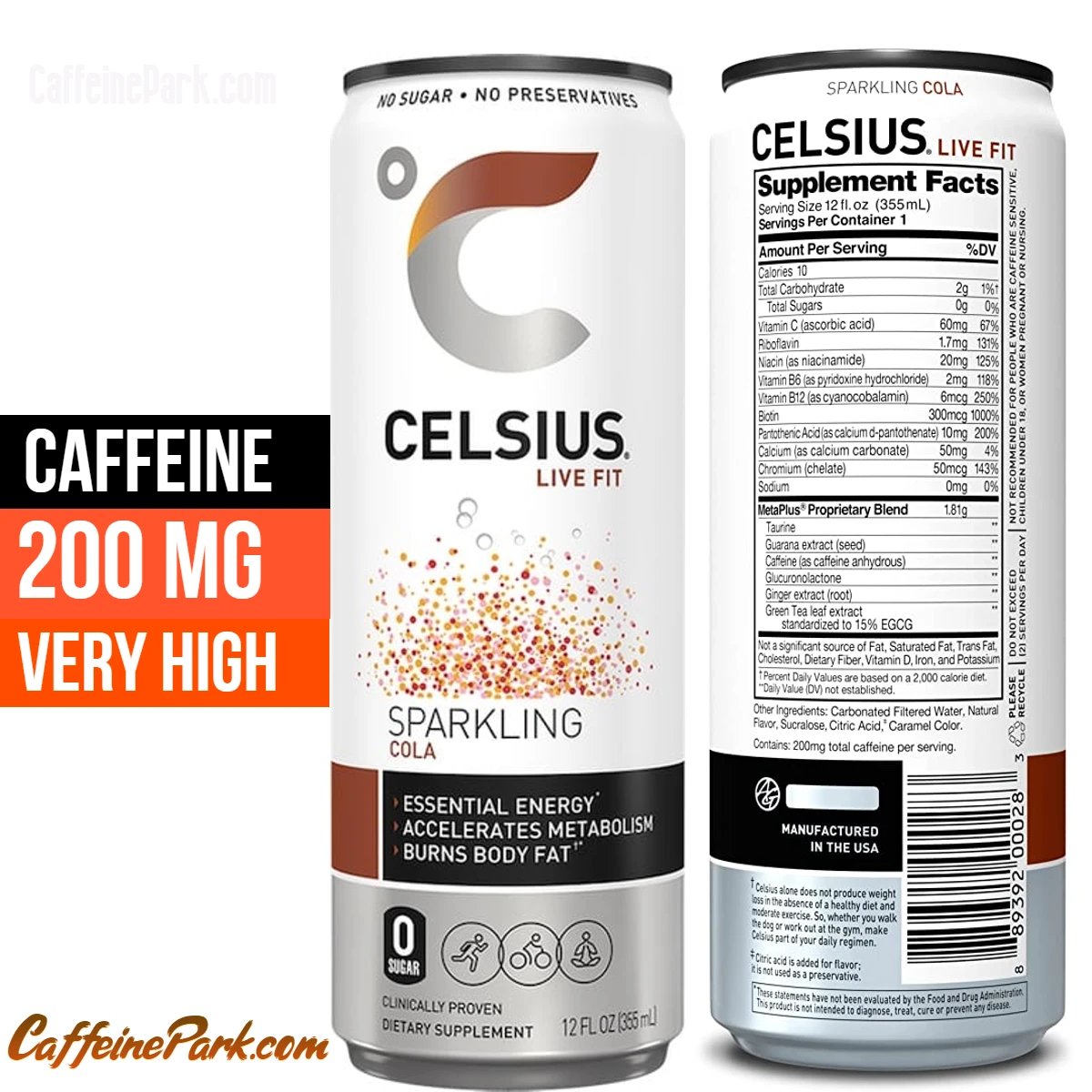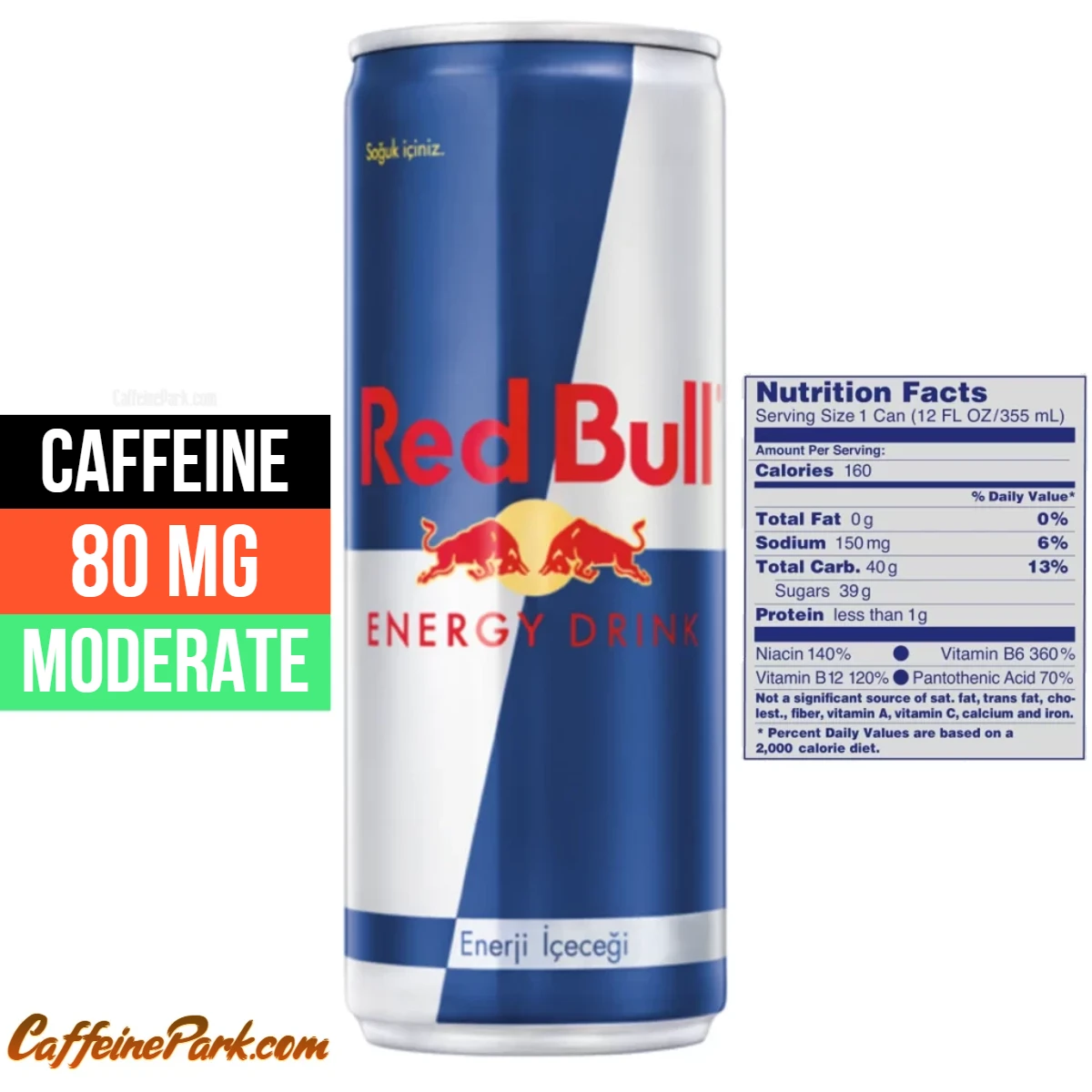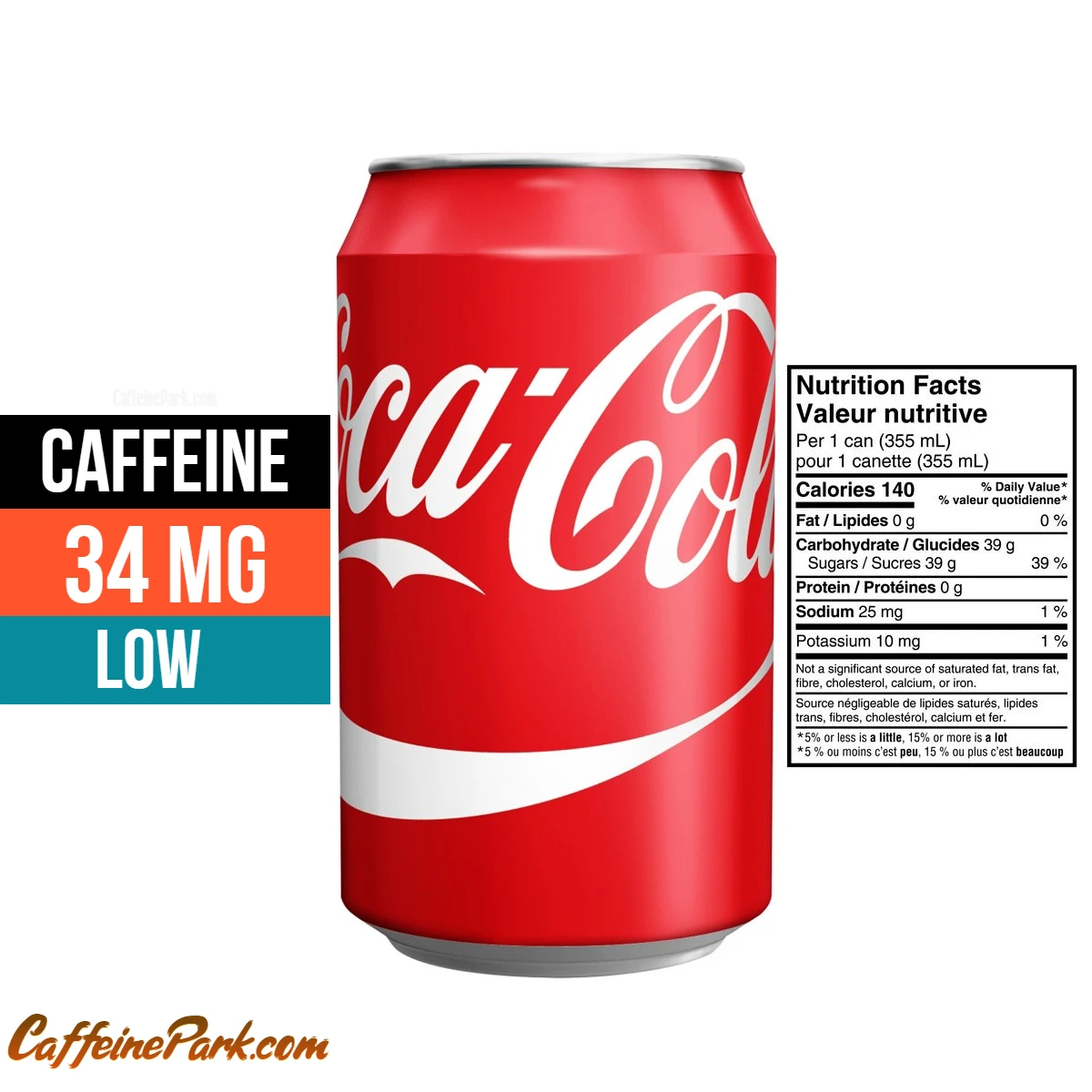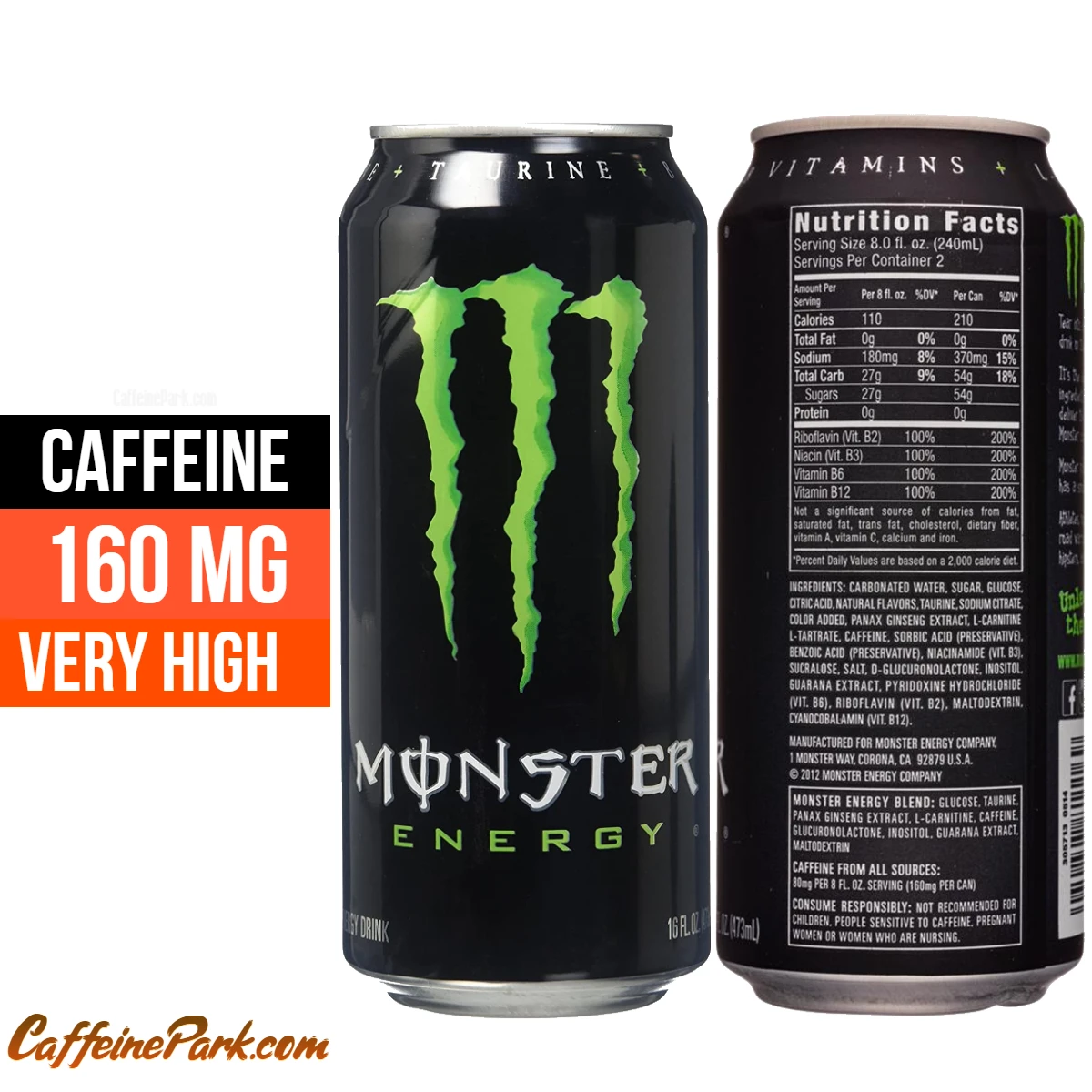Yerba Mate Tea Caffeine Content
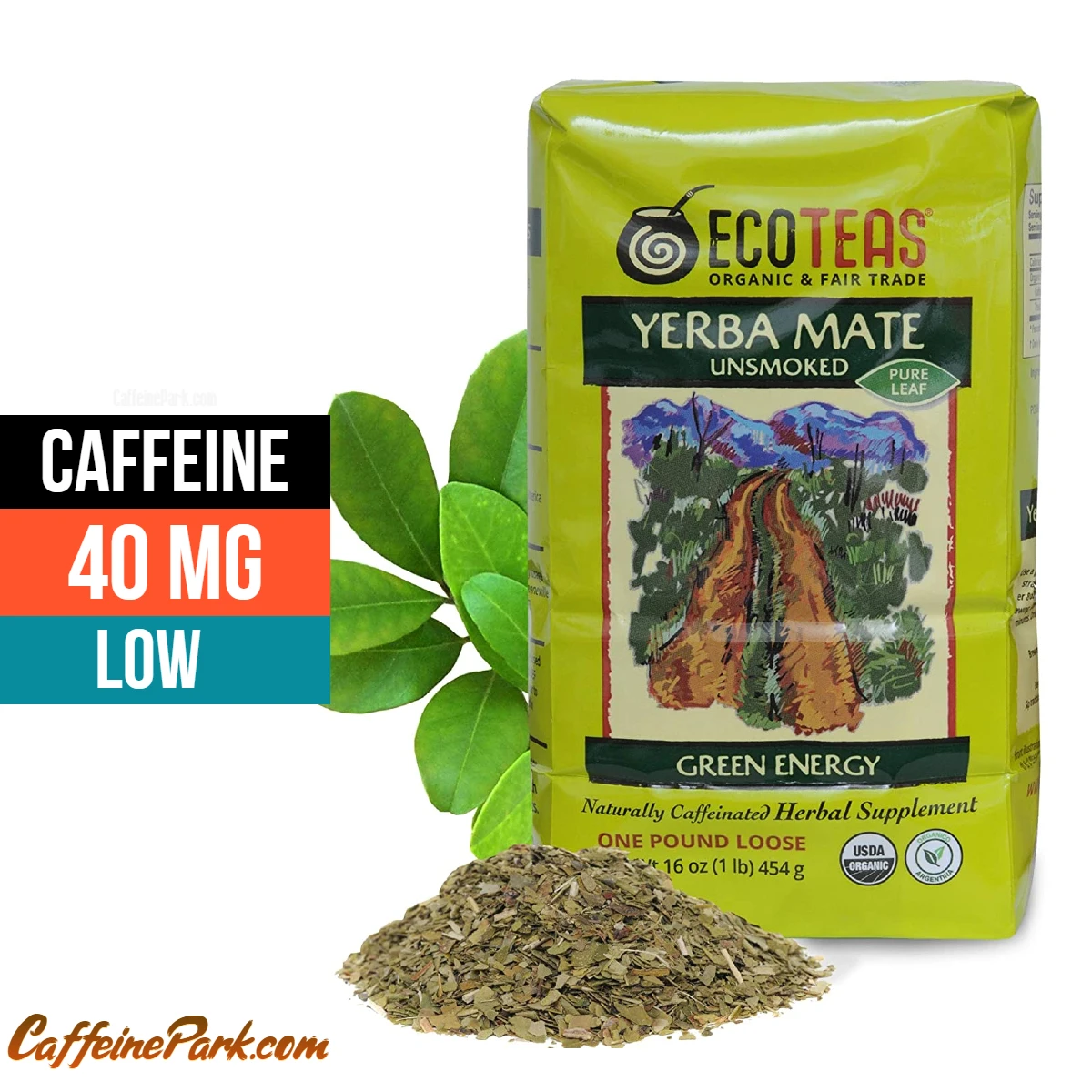
Yerba Mate is a species of evergreen holly that is native to subtropical South America. The leaves of the plant are dried and then traditionally brewed, steeped, and served in a hollowed-out gourd, with a metal straw called a bombilla.
If you’re looking to combine the energy boost of coffee with the relaxation of a smooth cup of tea, there’s no better brothanation than yerba mate. Yerba Mate Tea is the perfect drink to start your morning. It will get you energized and ready for anything. Made from the leaves of a holly-like tree, mated has almost as much caffeine as coffee (about 70% more than coffee!) but also contains tea and coffee’s feel-good chemicals. Plus, it’s high in antioxidants, contains 24 vitamins and minerals, and has 15 amino acids.
Yerba Mate Tea is a healthy alternative to coffee, but with almost as much caffeine. It has as much antioxidant power as green tea and is rich in vitamins and minerals. Yerba Mate has 15 amino acids, 24 vitamins and minerals, and many feel-good chemicals that make it an optimal drink to replace your daily cup of coffee.
The caffeine content of yerba mate varies depending on several factors, such as the specific variety of yerba mate, how it was grown, and how it was prepared. On average, a cup of yerba mate contains about 40mg of caffeine per 8 oz (240 mL) serving, which is about one-third the amount of caffeine found in a cup of coffee.
This is less than an average brewed coffee, but the caffeine content can vary based on how much yerba mate leaves you to use, how long it steeps, and so on. It is generally considered safe to consume moderate amounts of yerba mate, but excessive consumption can cause negative side effects such as jitteriness, insomnia, and increased heart rate, so it should be consumed in moderation.
Does Yerba Mate have caffeine?
Yes, Yerba Mate Tea contains 40mg of caffeine per 8 fl oz cup and 5mg of caffeine per fl oz (16.9mg per 100ml).
| Serving size | Caffeine Amount | Caffeine strength |
|---|---|---|
| 100ml | 16.9 mg | LOW |
| 8 fl oz cup | 40 mg | LOW |
| 12 fl oz cup | 60 mg | MODERATE |
How Much Caffeine is in Yerba Mate Tea?
- Caffeine Amount: 40 mg
- Caffeine strength: LOW
- Calories: 0
- Serving size: 8 fl oz cup
The Caffeine type in Yerba Mate
The caffeine in Yerba Mate is produced naturally in the leaves of the Yerba Mate tree, which is native to South America. While the leaves can be steeped in hot water, they also make a great alternative tea if you’re not able to find any mate. And unlike regular tea, Yerba Mate offers no calories and helps boost your energy levels without feeling guilty about it!
Anna Park Yerba Mate

Certified Organic Yerba Mate
- A TRADITIONAL TEA
- HIGHEST QUALITY AND PURITY
- VITAMINS & MINERALS PACKED
- PERFECT YERBA MATE AMOUNT
- GUARANTEED SATISFACTION
- ANNA PARK Yerba Mate blend has just 20% of the stem (Palo). This is the perfect balance between the leaves and stems, which is very important to obtain a premium quality Yerba Mate with a noticeable longer-lasting flavor.
Does yerba mate have more caffeine than coffee?
Yerba Mate contains less caffeine than Coffee but more than a cup of black Tea. While the effects of yerba mate are not scientifically proven, the herb does contain a large amount of caffeine. Caffeine is known to improve concentration and alertness and reduce fatigue.
The caffeine found in yerba mate tea leaves has been seen to boost brain function and improve moods. While it provides a sense of zest and energy, it differs from coffee in that it does not cause the same kind of jitters. Yerba mate Tea proponents suggest that it does not contain the same amount of caffeine as coffee, so it offers a slower release of energy.
Compare caffeine in Yerba Mate Vs. other Drinks
| Drinks | serving size | Caffeine |
|---|---|---|
| a cup Yerba Mate Tea | 8 fl oz. | 40 mg |
| Coca Cola | 8 fl oz. | 40 mg |
| a cup of Green Tea | 8 fl oz. | 28 mg |
| Red bull Energy drink | 8 fl oz. | 80 mg |
| a cup of Coffee | 8 fl oz. | 90 mg |
| Monster Energy drink | 8 fl oz. | 160 mg |
| Starbucks Triple Shot Energy | 8 fl oz. | 220 mg |
| Bang Energy | 8 fl oz. | 300 mg |
Review
Yerba mate is a traditional South American beverage with a rich history and cultural significance. It is known for its stimulating properties, as well as a variety of potential health benefits. However, as with any stimulant, excessive consumption can lead to negative side effects and it should be consumed in moderation.
History
Yerba mate has been consumed for centuries in South America and is a deeply ingrained part of the culture. Indigenous people have been drinking yerba mate for medicinal and social purposes for centuries. It has been used as a stimulant, an appetite suppressant, and a remedy for fatigue and other health issues.
Nutritional Information
Yerba mate contains caffeine, theobromine, and theophylline, which are all compounds that can stimulate the central nervous system, and promote feelings of alertness and energy. It also contains vitamins and minerals, including Vitamin C, B vitamins, and manganese.
Health Benefits
Yerba mate is known for its ability to boost energy, focus, and concentration, and has been shown to have several potential health benefits. Research suggests that regular consumption of yerba mate may reduce the risk of certain types of cancer, lower cholesterol, and improve heart health. It may also be effective in weight management, controlling blood sugar levels, and improving digestion.
Preparation
Yerba mate is traditionally prepared by packing the dried leaves into a hollowed-out gourd and then adding hot water. The mixture is then sipped through a metal straw called a bombilla. Yerba mate can also be prepared in a teapot or French press and served hot or cold. It can be enjoyed plain, or sweetened with sugar or honey.
FAQs
Can yerba mate help with weight loss?
Some research suggests that yerba mate may be effective for weight loss. The caffeine and other compounds in yerba mate may help to increase energy levels and suppress appetite, which can lead to weight loss. However, more research is needed to confirm these findings.
Does yerba mate have any side effects?
Yerba mate is generally considered safe to consume in moderate amounts. However, excessive consumption can lead to negative side effects such as jitteriness, insomnia, and increased heart rate. It’s also important to note that yerba mate contains caffeine, and should be avoided by individuals who are sensitive to caffeine or have any medical condition that contraindicates the use of caffeine.
Is yerba mate better than coffee?
This is a matter of personal preference. Both yerba mate and coffee contain caffeine and can help to increase energy levels and focus. However, yerba mate also contains other compounds such as theobromine and theophylline, which can also have a stimulating effect. Additionally, yerba mate has other potential health benefits, such as being a rich source of antioxidants.
Can you make cold yerba mate?
Yes, you can make cold yerba mate. This is called “tereré” and it’s common in South America, especially in Paraguay. You can prepare it in the same way as hot yerba mate, but using cold water instead. You can also use ice for extra coldness. Tereré can also be flavored with different fruits like lemon, orange, or mint.
How long can yerba mate last?
Dried yerba mate can last for several months, as long as it is stored in an airtight container in a cool, dry place, away from light. You should check the color, aroma, and taste of your yerba mate before using it, if there is any change, it’s better to discard it. Once the yerba mate is prepared, it’s best to consume it within a few hours, as the flavor and beneficial compounds may begin to degrade over time.
Is Yerba Mate Good For You?
Yerba Mate Tea Has Many Health Benefits. It Contains Nutrients Known To Have Anti-Inflammatory And Stimulant Effects. Some of the primary anti-oxidants and nutrients found in Yerba Mate include: Xanthine Saponins Polyphenols Caffeoyl Derivatives
Yerba mate improves sports performance, protects against common infections, boosts the immune system, lowers the risk of heart disease, and can help men live longer.
Read More:
